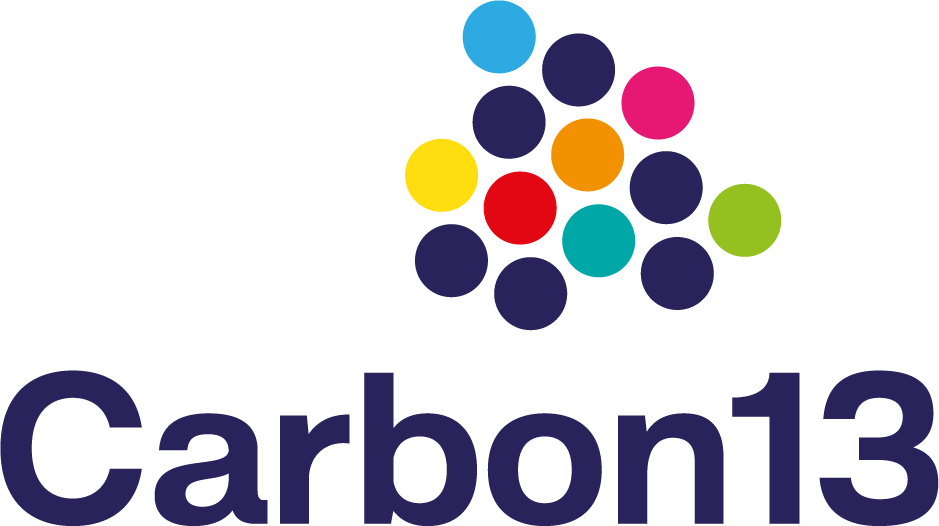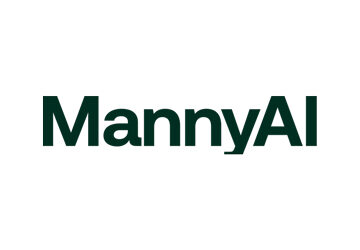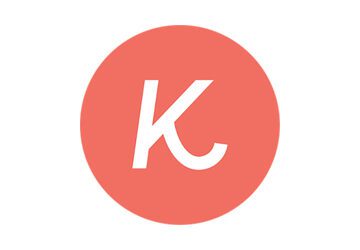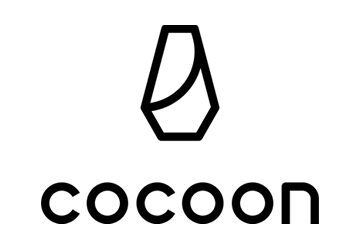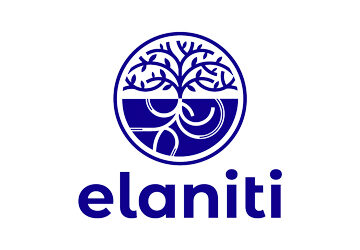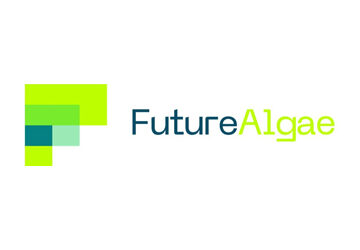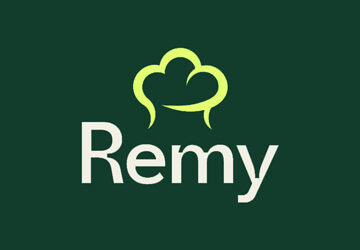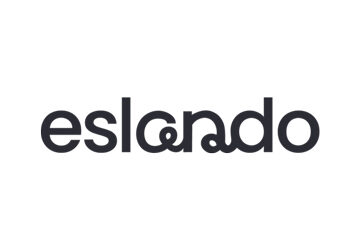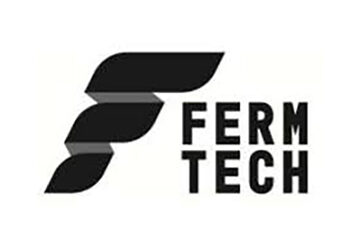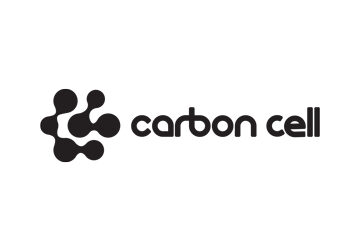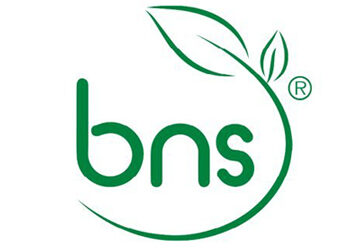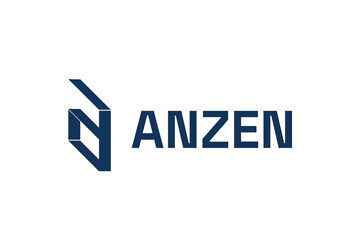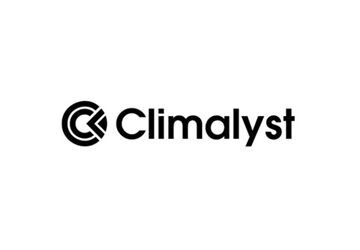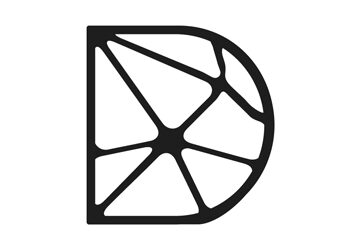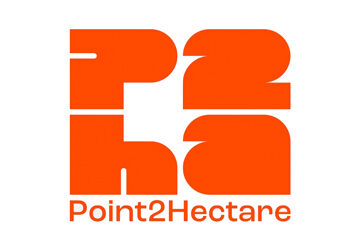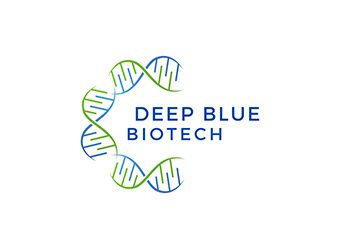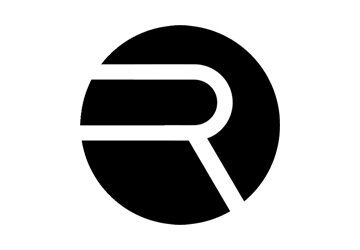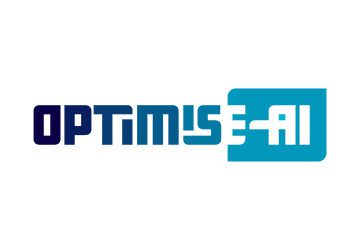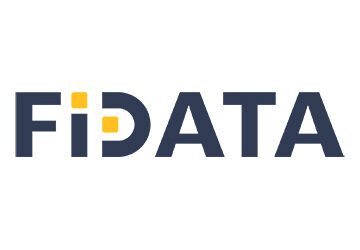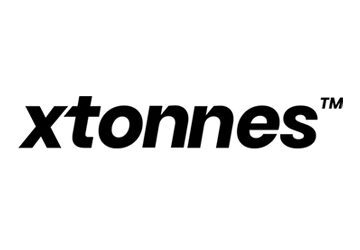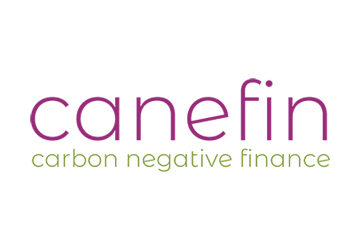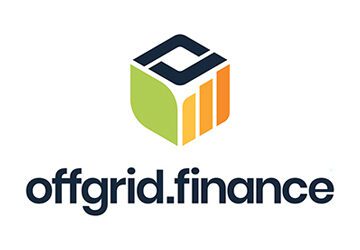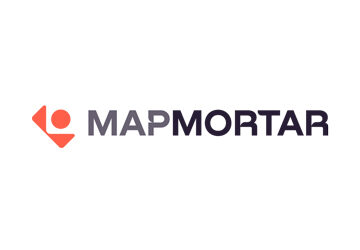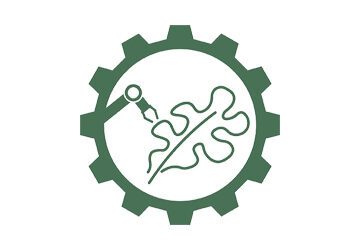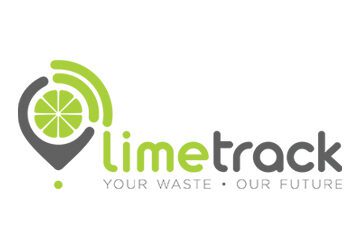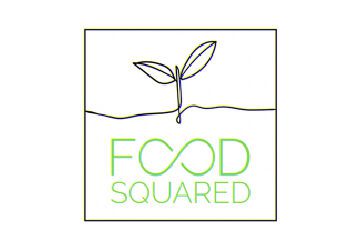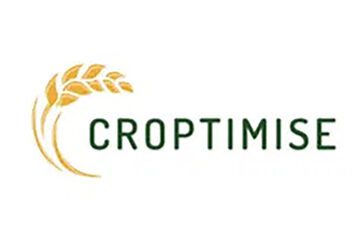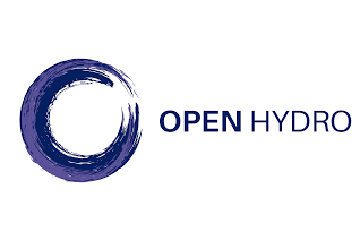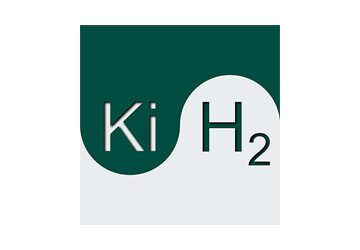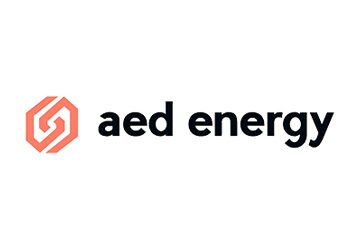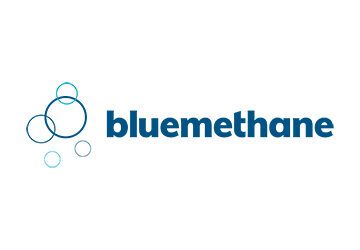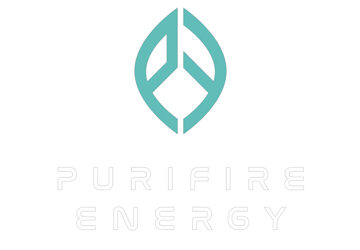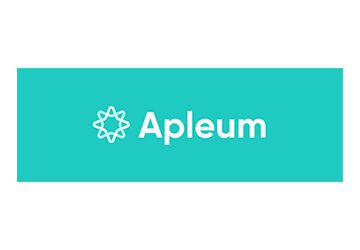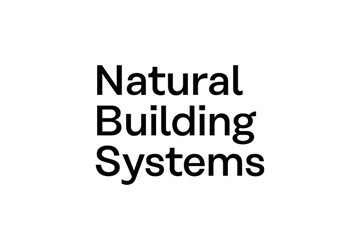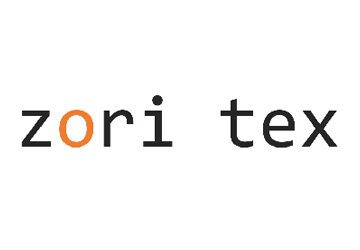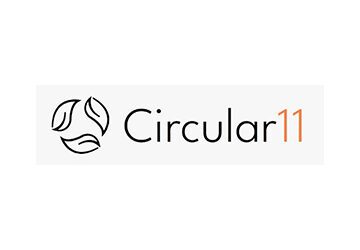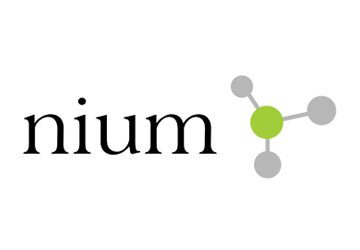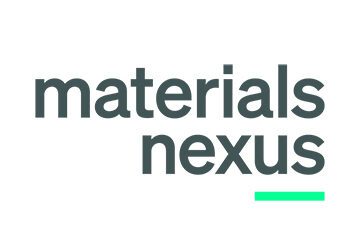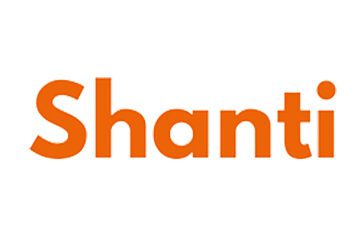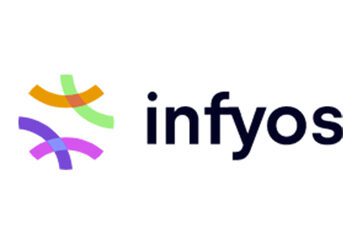Pattern Project offers an AI-driven supply chain and digital twin service for made-to-order garment manufacturing, enabling the fashion industry to move away from mass manufacturing and eliminate the overproduction of 30 billion garments annually. Their service optimises production, reduces waste, and enables more sustainable fashion production.
Our Ventures
CATALYSING CLIMATE INNOVATORS FROM INCEPTION TO SERIES A, WE CHART THE COURSE FOR FOUNDERS
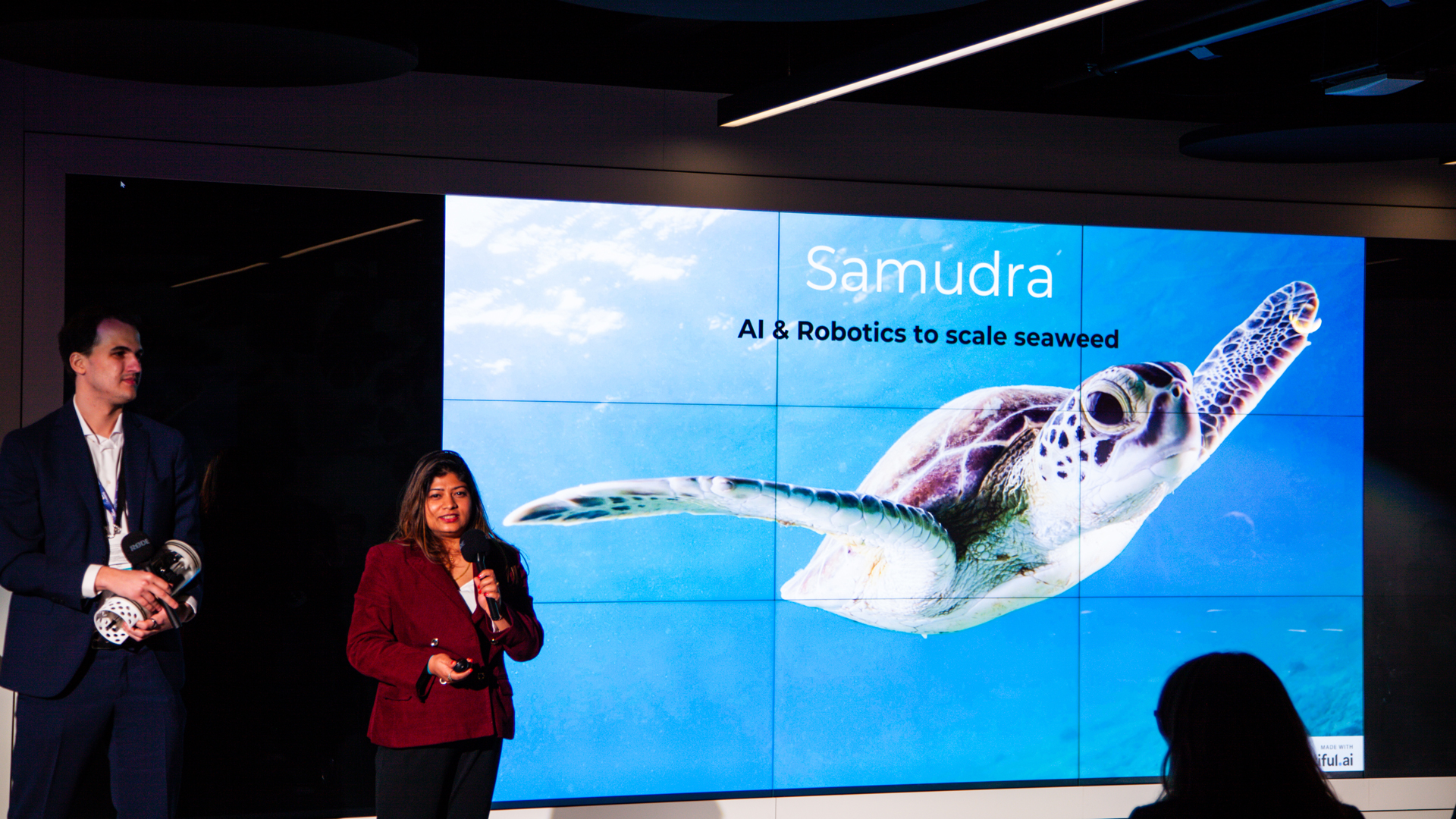
Samudra Oceans
Mega Scale Seaweed Carbon Capture
Joyeeta Das, Cofounder & CEO
Alexander Facey, Cofounder & CTO
Deepak Shakya, COO
Samudra Oceans are pioneers in the Blue Carbon revolution, dedicated to making a significant impact on climate change by leveraging the untapped potential of the oceans. Their name, inspired by the Sanskrit word for ‘Ocean’, reflects their deep connection to the marine world and their commitment to safeguarding it.
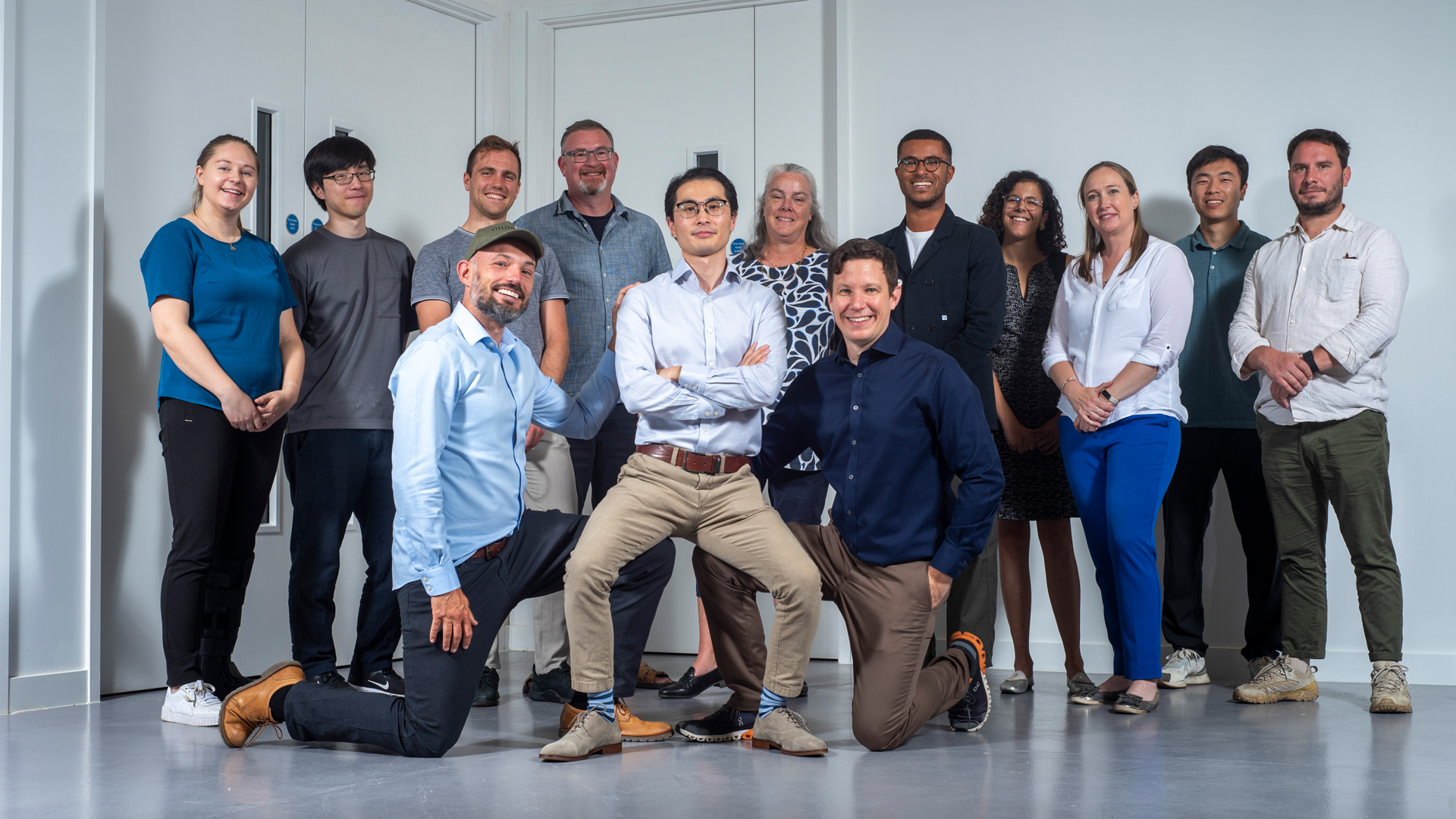
Nium
Clean Ammonia on Demand
Lewis Jenkins, CEO
Dr. Yubiao Niu, CSO
Phil Hunter, COO
We are Nium. A climate company using novel nanotechnology to decarbonise industry. We’re cleaning up the most polluting chemical industrial process on our planet: ammonia production. Introducing Clean Ammonia on Demand. Our novel nano-technology and light touch engineering delivers decarbonised, decentralised, democratised ammonia production and a cleaner future for energy, food and fuel.
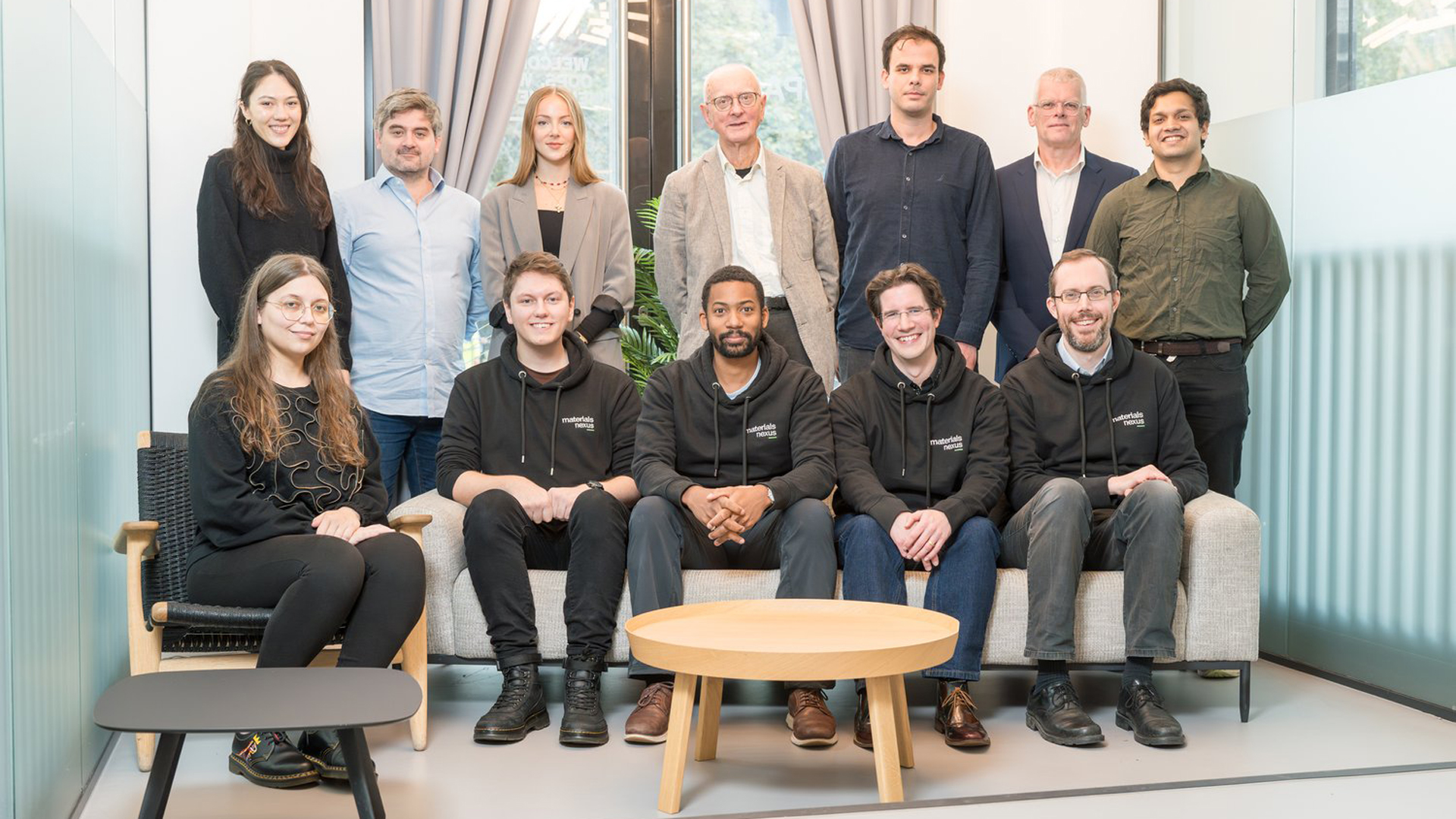
Materials Nexus
AI-driven materials discovery
Dr Jonathan Bean, CEO
Dr. Robert Forrest, CTO
Dr. Jon Pillow, CSO
Nic Stirk, CCO
Materials Nexus aims to discover next-generation materials for everyday objects that don’t cost the earth. It uses artificial intelligence to find sustainable, cheaper and better performing alternatives to the advanced materials used to build the technologies we consider essential for a net-zero world. Materials Nexus’ ground-breaking software is able to accurately predict the properties of sustainable materials and understand the costs and processes involved in scaling and manufacturing them – all within months, not decades.
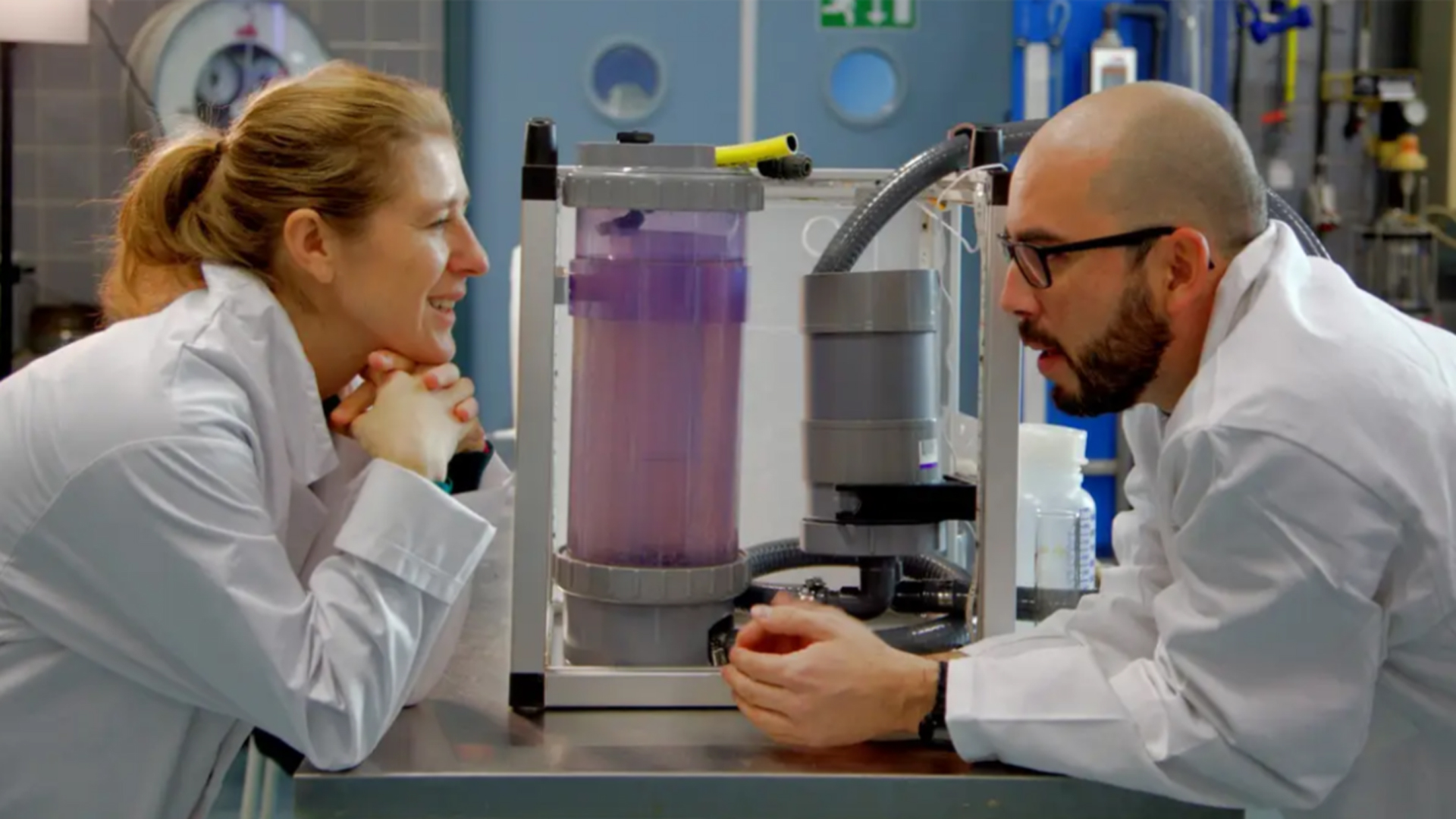
Bluemethane
Recovering methane from water
Nestor Rueda-Vallejo, CTO
Louise Parlons Bentata, CEO
Bluemethane has developed a novel route for the abatement of scope one emissions from water. Their technology improves operational efficiency of water treatment plants and reservoirs whilst remaining energy positive.
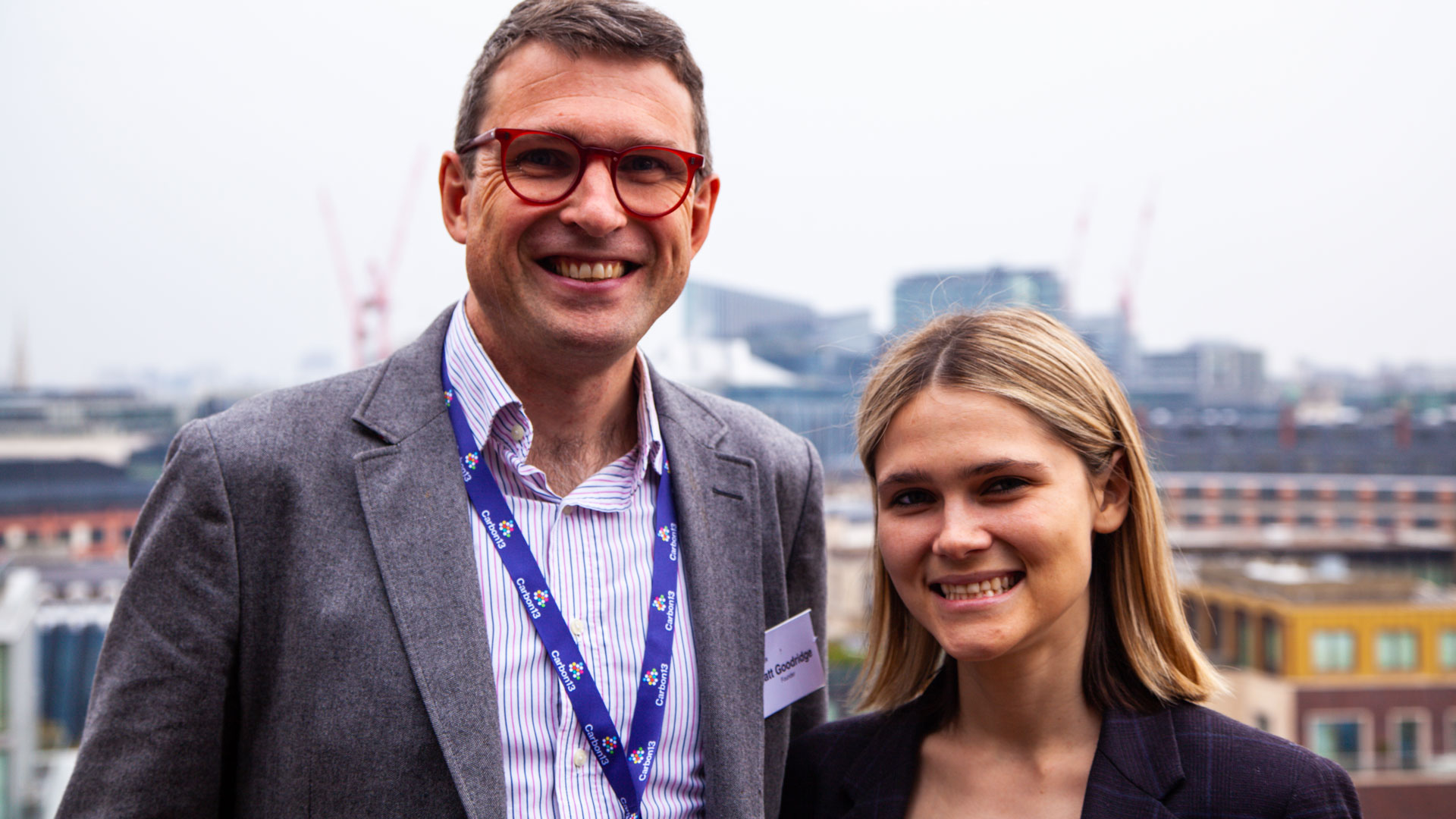
Kestrix
Google Maps of heat loss
Lucy Lyons – CEO
Matt Goodridge – CTO
Kestrix is on a mission to unlock energy retrofits of existing buildings at scale. To do this they are building the ‘Google Maps of heat loss’ – they commission thermal drones flights over whole neighbourhoods at a time, and develop computer vision and machine learning algorithms to quantify and map heat loss from buildings in 3D, as well as generate energy efficiency retrofit roadmaps. It is effectively the automated energy surveyor – or the data layer to power the climate transition of existing buildings.
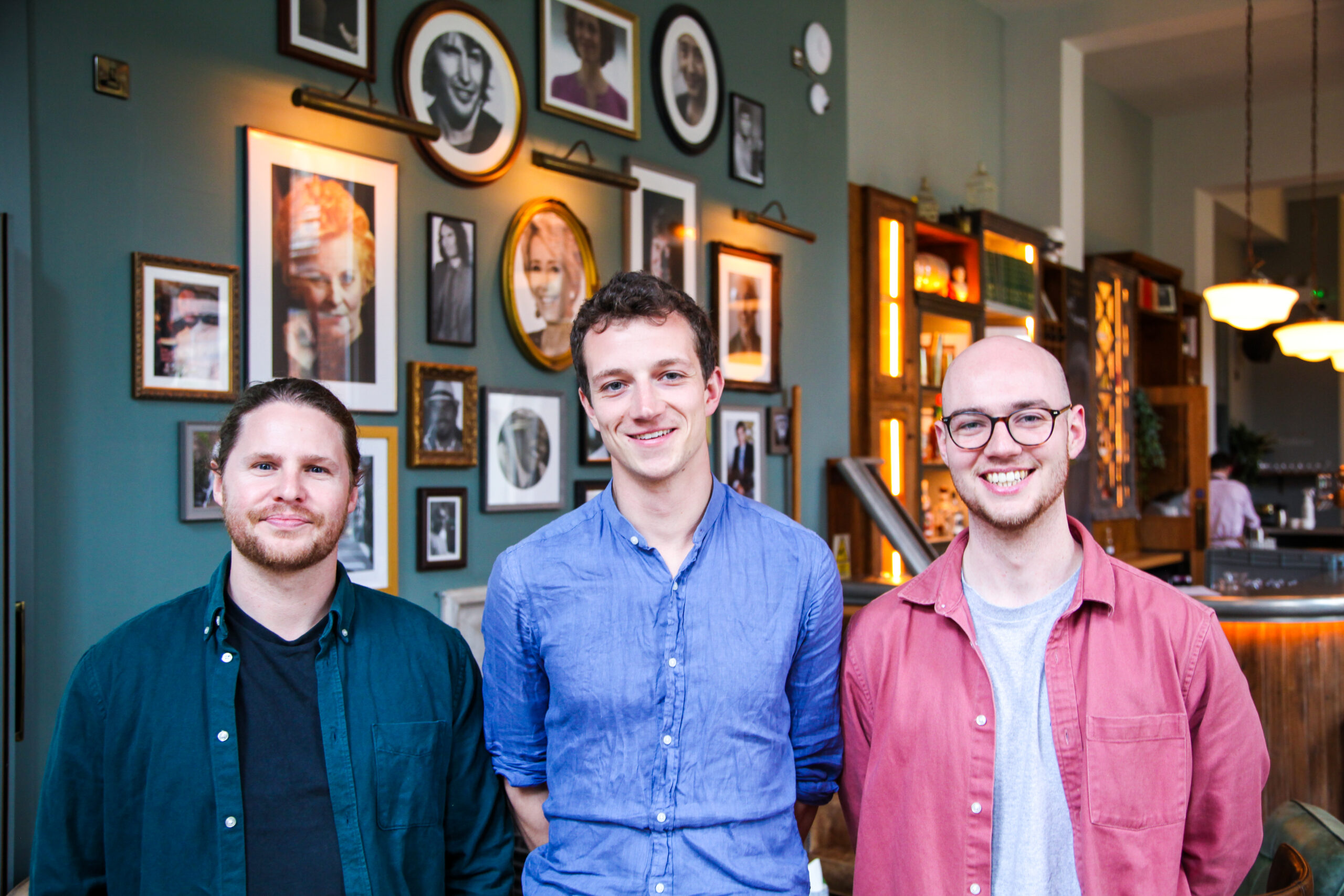
Cocoon
Green steel, clean cement
Eliot Brooks, CEO
Will Knapp, CSO
Freddie Scott, CTO
Cocoon is capturing CO₂ into industrial waste and upcycling this into a green cement alternative to decarbonise the steel and cement industries. This mineralisation process has been the focus of the Chief Scientist Officer’s research and Cocoon is now commercialising it at scale.
Kita
Kita’s vision is to be the world’s first carbon insurer, de-risking carbon removal solutions to accelerate their ability to scale.
The climate crisis requires carbon removal solutions to remove carbon from the atmosphere. Many carbon removal solutions rely on revenue from selling carbon units on the voluntary carbon markets. However, these units lack tailored insurance products for their key risks, particularly under-delivery on pre-paid contracts.
Kita removes this “carbon delivery risk” from sellers and buyers in the market, using insurance products that guarantee the quality and delivery of carbon units and carbon removal solutions.
Cocoon
To decarbonise the world, we are going to have to build a lot more. This means we will need more steel and cement over the next 40 years than ever before. However, these two materials represent 15% of global emissions. We’re capturing CO₂ into industrial waste and upcycling this into a green cement alternative to decarbonise the steel and cement industries. This mineralisation process has been the focus of our Chief Scientist Officer’s research and we’re now commercialising it at scale.
BioZeroc
BioZeroc is decarbonising the construction industry by creating carbon-negative construction materials from waste products.
Their expertise in bio- and nanotech has allowed them to bypass the need for cement in concrete manufacturing, at minimal cost to producers and the environment.
Elaniti
Elaniti leverages advances in both machine learning and DNA sequencing to predict key crop outcomes from soil biology, empowering growers to make data-driven agronomic decisions at scale.
FutureAlgae
FutureAlgae are pioneers in microalgae production, developing proprietary cultivation technology that allows us to sustainably and efficiently grow microalgae at scale for a variety of industries. Our technology uses waste heat, water, nutrients and CO2 emissions to create high-quality, nutrient-rich products without competing with food or agricultural systems.
Remy
Remy leverages AI and automation to reduce household food waste by 70%, helping users effortlessly understand what’s in their kitchen, when it expires, and how they can use it while offering the option to buy what’s missing — directly from their smartphones. In doing so, Remy collects novel user emissions and behaviour data to drastically improve corporate partners’ Scope 3 emissions reporting, commercial strategies and waste mitigation efforts.
Eslando
Eslando is a circular fashion tech startup on a mission to accelerate textile recycling. Our AI-powered sorting technology leverages digital product passports to sorts textile waste with pinpoint accuracy. Our solution slashes landfill waste, empowers fashion brands and waste management companies to efficiently recover materials at scale.
Fermtech
Fermtech are a climate biotech company from Oxford meeting the demand for affordable and sustainable protein ingredients. Their novel system converts side streams from the food industry, creating nutritious and flavourful products.
Carbon Cell
Carbon Cell are on a mission to make polystyrene waste a thing of the past. Their high performance, fully compostable and carbon negative biochar can be used for a wide variety of applications, from packaging to construction. This expanded foam locks in carbon for centuries, making it the eco-friendly alternative to polymer-based versions. Carbon Cell also boasts a renewable supply chain, with feedstock made from waste streams such as textiles or even potato peels
BioNatural Solutions
BNS transforms tropical fruit skin waste into an edible liquid biotech solution that extends food shelf life by up to 200%, revolutionising fresh product preservation through upcycling agribusiness waste. BNs has globally patented technology to reuse fresh organic waste and create chemical free preservation solutions. The solution aims to reduce food waste through shelf life extension and also upcycle materials that would otherwise go to waste.
Anzen
Anzen is the world’s first climate wall with solid-state heating, cooling, and heat recovery ventilation technology. Taking on the problem of indoor pollution and energy inefficiency, Anzen’s solution aims to decarbonise heating and cooling at scale with one-day installations while making indoor climate control inclusive and intuitive.
Climalyst
Climalyst is revolutionizing DAC through energy-efficient methods that ensure permanent CO2 removal. Leveraging their expertise in mathematical optimization, machine learning, and chemical synthesis, they have conceptualized and are currently testing a groundbreaking process that not only consumes significantly less energy than existing commercial DAC solutions but also provides permanent storage solutions for both small and large-scale CO2 emitters.
Differential bio
Biomanufacturing is at a pivotal moment, needing accelerated R&D to unleash its full potential, currently constrained by traditional and iterative lab-centric methods. fungtional.bio’s solution: digital-first experimentation through a digital twin of microbial fermentation, a strategy that promises to redefine efficiency and innovation in the sector.
Point2Hectare
Founders Dr.Jan Mumme, Max Billinger and Diana Smite have launched NitroCharTM, a patent pending composite fertiliser of urea and biochar with embedded carbon removal designed to improve crop nitrogen supply and support healthy soil functions. One of its most notable benefits is the ability to enhance nitrogen use efficiency by 50%. And as a green fertilizer, it is ecotoxic-free.
Adia Thermal
Adia envisions a future where the energy transition is seamless. By leveraging commoditized hardware with digital twins of the built environment, Adia adapts our existing infrastructure to a decarbonized future.
Mozaic Earth
Mozaic Earth is empowering communities to become guardians of nature through tech-driven, high-frequency biodiversity data collection system to catalyze $1 trillion in private capital flow for transparent and impactful naturepositive initiatives.
Deep Blue Biotech
We believe in the power of synthetic biology to decarbonize many of our everyday chemicals. This will present a new and essential alternative to address the current climate crisis. By recreating the building blocks of our everyday economy, we will create the multiplier effect that we need now to make a real impact faster.
Cbamboo
Cbamboo’s mission is to drive firms to decarbonise their supply chains and minimise their carbon border taxes. Our software platform will keep companies compliant with the EU’s Carbon Border Adjustment Mechanism, a new law applicable to EU importers in dozens of industries.
We are developing AI tools to analyse embodied carbon, forecast CBAM costs, model the knock-on effects on prices, and report back on resulting sustainability metrics. Our products will address the needs of importers, who pay CBAM directly, as well as their suppliers and their customers. As carbon border taxes evolve and spread worldwide, Cbamboo plans to be at the forefront of helping firms to integrate these taxes into their management decisions.
Climate-i
Fluorinated gases (F-gases) are manufactured chemicals which play a critical role in cooling, refrigeration and electricity transmission globally. However, most are extremely potent greenhouse gases, thousands of times more powerful than CO2 and making up a similar share of emissions as global aviation. Climate-i is building technology to predict equipment failure, improve system reliability and efficiency and reduce the carbon footprint of cooling, refrigeration and electricity transmission. Our team is experienced in the development of AI/ML software, IoT systems and sensor hardware, allowing us to seamlessly integrate hardware and software as a service.
Reaforma
Reaforma is a prop-tech and climatetech start-up founded in 2022 out of the Carbon 13 accelerator programme and is on a mission to remove 10Mt of CO2e from the planet each year. They are creating the next generation of construction materials to change the way we look at buildings. By harnessing construction and industrial waste streams, they are reforming the construction materials of today to become the materials of the future. Reaforma is capturing biogenic carbon and locking it into building materials to cut the embodied carbon right in front of our faces. Non-structural elements of buildings contribute almost 70% of its total embodied carbon and so we’ll be bringing our solution to this area first. At the core of the start-up is giving access to green products with no premium for adopting sustainable products in design.
HydraPulse
Introducing the HydraPulse, a remarkable advancement in sustainable energy generation. Central to its design is the revolutionary Stephenson Turbine (TST), an impulse turbine technology that stands at the forefront of innovation. Enclosed within the HydraPulse, this pioneering turbine design achieves unparalleled efficiency and power output, surpassing conventional approaches.
Optimise-AI
Optimise-AI is transforming building energy management, through its virtualised Building Management System (BMS) technology, that harnesses the power of digital twins. This cutting-edge solution delivers actionable insights, even for the 90% of commercial buildings that currently lack a traditional BMS. As a result, clients consistently achieve impressive energy and carbon savings, typically exceeding 40%.
CoolRun
The cold chain logistics industry stands at the crossroads of increasing demand and environmental challenges. Traditional methods, often energy-intensive and inefficient, contribute significantly to global emissions and lack the agility to adapt to a rapidly changing market. CoolRun rises to this challenge with our unique Pods, utilizing advanced phase change materials (PCMs) and bringing modularity across the cold chain. These Pods maintain diverse temperature needs across shipments, ensuring products remain in optimal condition while dramatically reducing energy consumption. By transforming the way goods are transported, CoolRun is not just meeting the demands of today but setting the standard for tomorrow.
Future Greens
The solution is to integrate anaerobic digestion with vertical farming, to capture energy, CO₂ and fertiliser from organic waste and use it to power their controlled growing systems which produce the freshest pesticide-free produce year-round. The unique integration of vertical farming with renewable energy generation through AD results in sustainable, carbon-negative food production and brings vertical farming closer to large-scale viability.
Kestrix
Kestrix is using mass drone image capture and AI to unlock building portfolio decarbonisation at scale. By mapping regions with drones and extracting retrofit-relevant data from images using computer vision and machine learning, Kestrix paints a picture of the real-world energy performance in any building and shows retrofit opportunities in seconds – saving portfolio owners and operators retrofit planning time and de-risking large-scale projects.
SeedCulture
SeedCulture helps organisations to embed sustainability into their culture by upskilling and mobilising employees to deliver on their team’s sustainability targets. Their gamified sustainability learning and engagement platform combines behavioural science, AI and a data-first approach, to scale sustainability awareness and competency across the workforce – and turn this into behaviours that are good for business and the planet.
Fidata
Fidata is a one-stop digital platform where investment managers can access all impact data generated by their sustainable investments.
Fidata’s unique technology will automatically collect, correct, benchmark, and predict impact data, giving peace of mind to investment managers to effortlessly report their impact and meet their regulatory reporting obligations.
xtonnes
xtonnes is next generation carbon management platform empowering enterprises of any size to reduce emissions and start their journey to Net Zero. Using minimal data combined with state-of-the-art data science, businesses can begin to take control of their emissions in minutes, effortlessly remain up to date with changes to reporting standards, discover ways to reduce their footprints and achieve science-based targets.
ReScope
lmproving the way investors understand, quantify and report on climate risk.
ReScope are developing the next generation scenario analysis tool that will enable investors to improve the resilience of their assets, develop more sustainable investment strategies, as well as respond to climate risk reporting mandates.
Preoptima
As a Carbon Twin, Preoptima mirrors every design choice, instantly evaluating the whole life carbon (WLC) impact of decisions. Both their Web App and API provide unprecedented access to real-time carbon impact data, an accurate bill of quantities, and associated material and structural impact information. By harnessing the power of geolocation and real-time analysis, Preoptima allows users to visualise and understand the WLC footprint of their projects from the earliest stages, helping avoid embodied carbon and reduce emissions from the outset.
Canefin
Canefin’s mission is to reduce the cost of credit to achieve Net Zero.
Private finance has a crucial role to play in our transition to Net Zero. However, many green finance products accessible to individuals or SMEs are not fit for purpose – lenders cannot quantify the carbon impact of the loans they make, and do not price in incentives to encourage action.
Canefin is a new lender that changes this. Starting by helping homeowners spread the cost of their home energy efficiency improvements, we measure the carbon emission impact of each loan we make, and use the proceeds from the sale of carbon credits to reduce the loan APR, making it cheaper and easier for homeowners to decarbonise their homes.
Offgrid.Finance
Offgrid.Finance works with clean and productive-use technology vendors to provide financing to their SME customers in emerging markets. The online platform uses advanced risk analytics and AI to connect green capital and impact investors to small and growing businesses and solve one of their biggest problems: access to capital, enabling them to both grow and reduce their greenhouse gas emissions.
MapMortar
Mapmortar is supercharging retrofit strategies. Their breakthrough proprietary simulation technology helps organisations understand how to achieve net zero for entire portfolios three times as fast, with twice the accuracy.
NatureBound
NatureBound is on a mission to help farmers to leverage biodiversity data. Their observability platform integrates agricultural and biodiversity data from an open ecosystem of scalable monitoring providers with the latest remote sensing and AI technology. Their ML models optimize yield, use of agrochemical inputs and biodiversity uplift, enabling a swifter more profitable transition to sustainable agriculture.
Samudra Oceans
Samudra is a Robotics and AI company that can scale seaweed farming 1000x. Samudra makes swarms of monitoring robots equipped with sensors and cameras that can detect pathogens, check nutrient or acidity levels and report back on biomass growth.
This reduces the cost and effort of monitoring by several times enabling seaweed farms to scale to their full potential with minimal labour and less fuel-intensive boat trips to monitor. As Seaweed can capture up to 50x more carbon than land-based trees, this is an effective way to reverse the climate crisis while providing a valuable product to the world.
Sun Bear Biofuture
Sun Bear Biofuture is reimagining farming with precision fermentation to produce sustainable and healthier everyday ingredients, starting with a palm oil alternative.
Using computational modelling and synthetic biology they are developing a deforestation-free, drop-in palm oil substitute, with waste materials as their feedstock, to change how we produce our food and fuels.
Limetrack
Limetrack adds value to commercial food waste by redefining the physical and digital infrastructure to increase customer profits and help the planet. Our access-controlled SMART IoT bins and digital infrastructure effortlessly collect data on every food waste deposit and deliver tangible benefits to businesses, reducing their food waste costs by up to £6,000 per annum. Intelligent data analytics and SMART bin notifications help waste management companies optimise their routes, keep operators safe and cut costs by avoiding unnecessary stops. And our clear, concise reporting keeps all our customers on the right side of the new separated waste legislation.
Tierra Foods
Tierra Foods is a food company for the 21st Century. They are optimising the potential of highly nutritious, but under-used plants from the Central American rainforest into innovative, carbon-negative ingredients for B2B. At the same time, they are also enabling soil regeneration, restoring biodiversity and capturing carbon. A truly regenerative business, they are driving system change, demonstrating how agriculture and food production can be reinvented to work in harmony with nature and communities.
BravelyCultured
BravelyCultured produces bioproducts to enhance consumer health, supplying cutting-edge ingredients to B2B partners in the feed, food, cosmetics, and pharmaceuticals industries. We derive our products from novel marine microorganisms discovered through our biodiscovery platform. Using scalable and cost-effective fermentation processes, we sustainably produce ingredients that are otherwise animal- or petroleum- derived.
FoodSquared
FoodSquared upcycles byproducts from food manufacturing into sustainable plant-based ingredients for the alternative protein industry, expanding the ingredient landscape beyond the current range of virgin wheat, pea, and soy.
Croptimise
Croptimise is developing a global platform to give farmers the tools to predict and detect pests more accurately. Through a network of smart traps and state of the art machine learning models, they are building actionable pest forecasts. This helps people identify the type of pest quickly, predict risks and help manage crops more efficiently.
Open Hydro
Open Hydro is the leading platform that automates water GHG emissions quantification, allocation, and mitigation opportunities at any given point in the supply chain. The platform provides the most accurate water emissions data aligned with internationally recognised reporting frameworks.
In doing so, they help mobilise climate-aligned investments in water infrastructures to ensure the decarbonisation of freshwater systems.
Ki Hydrogen
Ki Hydrogen is a deep-tech climate venture using biomass electrolysis to produce green hydrogen at cost parity to fossil fuel based hydrogen. Their innovative technology uses up to 75% less energy compared with water electrolysis, while also producing valuable chemical commodities to be sold as co-products.
AED energy
Aed Energy designs and builds thermal energy storage technology enabling reliable, clean, and low-cost power. We aim to radically advance the long duration energy storage market by providing deployable, low-cost thermal storage batteries – a critical enabler for the widescale deployment of renewable energy across electricity grids worldwide.
Bluemethane
There are 3 billion tonnes of CO2e emissions from water per year due to methane. Currently there is no way to remove this methane at scale, until now. Bluemethane is a technology startup developing a first-of-a-kind, scalable data and hardware solution to capture a billion tonnes of greenhouse gases from water. With methane’s global warming power 34x that of carbon, Bluemethane is tackling a core problem for global warming.
PuriFire Energy
PuriFire Labs is a circular waste technologies company. Their patented technology converts plastic and other municipal waste into value-added products such as animal feed and electricity with minimal upfront sorting. Their solution makes waste management capital and energy efficient and will reduce millions of tons of CO2e from the waste management industry.
Apleum
They are a technology provider for the production of carbon neutral fuels for the aviation and shipping sectors. Their process utilises renewable energy to convert carbon dioxide and water into liquid hydrocarbons through use of electrolysis and catalysis. Carbon neutral fuels can allow the shipping and aviation sectors to immediately lower their emissions at low cost and without disruption to their operations. Their fuel is profitable to produce under current market conditions, with costs predicted to fall and demand predicted to increase over the coming decade. Their process can eliminate up to 3.6 million tonnes of CO2 per year from the UK alone and can be expanded to a scale that will have an impact on global emissions.
Natural Building Systems
Natural Building Systems has developed a carbon-negative modular system for sustainable construction. Using digital tools, they manufacture structural insulated panels (SIPs) with advanced bio-composites. The SIPs form an integrated ‘kit of parts’ analogous to flat pack furniture, delivered and rapidly assembled using non-specialist labour. Designed for disassembly and adaptation, their system reduces in-use carbon impacts by allowing zero waste alterations and re-use, and reduced operational carbon through improved energy efficiency, climate resilience and indoor air quality. The manufacturing process is energy-efficient and highly scalable.
Vundahaus
VundaHaus is making homes Vundaful! They are driving the decarbonisation of homes by industrialising the insulation process. Their prefabricated insulation kit can be installed faster than traditional methods and at a fraction of the cost of other off-site solutions. Combining 3D scanning, automated design and efficient off-site manufacture, they will increase the productivity of installer partners and drive down costs for property owners, enabling retrofit at scale.
Zori Tex
Zori Tex’s mission is to eliminate textile waste to landfill and incineration by innovating in technologies that unlock the value of circular textiles, enabling closed loop textile recycling to rapidly scale. Their solution uses AI driven vision to optimise sorting textile waste by fibre type, integrated with a traceability platform , trading and data analytics.
Circular11
Circular11 turns low-grade plastic waste into building materials and outdoor construction timber. By combining composite material technology with an innovative process control system, they are creating a functional material, from, and so an end-market for, the cross-contaminated and film-based plastic streams that make up 60% of global plastic waste. At the same-time, they are providing the materials for a zero-carbon built environment.
Phoenix Carbon
Phoenix Carbon is a composite recycling process, enabling a circular economy for the sustainable use of carbon fiber as a commodity and product across Aero, Auto, Marine and Leisure sectors. This reduces emissions by 87% compared to virgin carbon fiber.
Nium
Nium eliminates emissions by delivering hydrogen as a more efficient energy vector. Their novel nanotechnology revolutionises the Haber-Bosch process and enables the synthesis of truly green ammonia.
With two patents filed, Nium helps build the infrastructure and network for a cleaner future of food and fuel.
17Cicada
17Cicada is developing a bacterial platform for the production of chemicals from waste. Their first-of-its-kind technology produces building blocks for bioplastics, textiles, cosmetic and more. The low-hanging fruit is FDCA, a monomer which can replace terephthalic acid which comes from crude oil and is used to manufacture mainstay plastics.
Materials Nexus
Materials Nexus is seeking to revolutionise how new low-carbon sustainable materials are discovered and developed. Typically, getting a new sustainable material to market takes 20 years but this can be markedly reduced using their technology. Their initial focus is on novel alloys and ceramics, leading with high-strength, light-weight recyclable alloys to replace steel in the automotive industry, that promise up to 20% increase in fuel/battery efficiency.
Shanti
Shanti is enabling safer urban life through smart data, helping people walk, cycle and use public transportation by providing safer routes. With travel the largest energy-consuming sector in 40% of countries and safety a major barrier to switching to more sustainable transport, Shanti encourages this change.
Infyos
Electric vehicles promise a future of clean mobility, but their supply chains are complex, opaque and far from clean. Infyos are building a future where every electric vehicle battery is sustainable. Using the team’s expertise in the battery industry and supply chain technology for large organisations around the world, Infyos will help car makers, battery manufacturers and mining companies map and measure the impact of their supply chain, identify hotspots, and enable collaborative action to improve impact and reduce supply chain risk.
